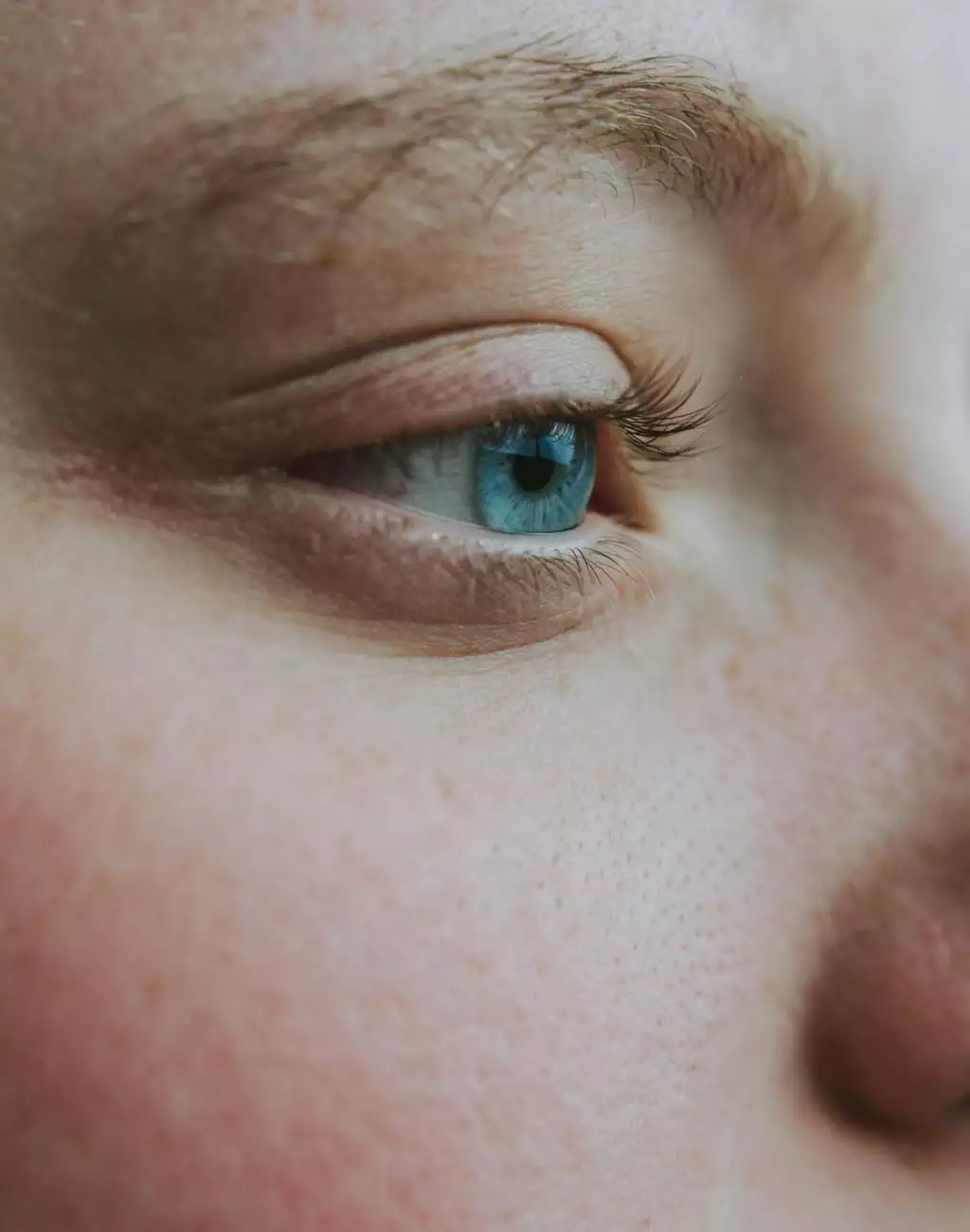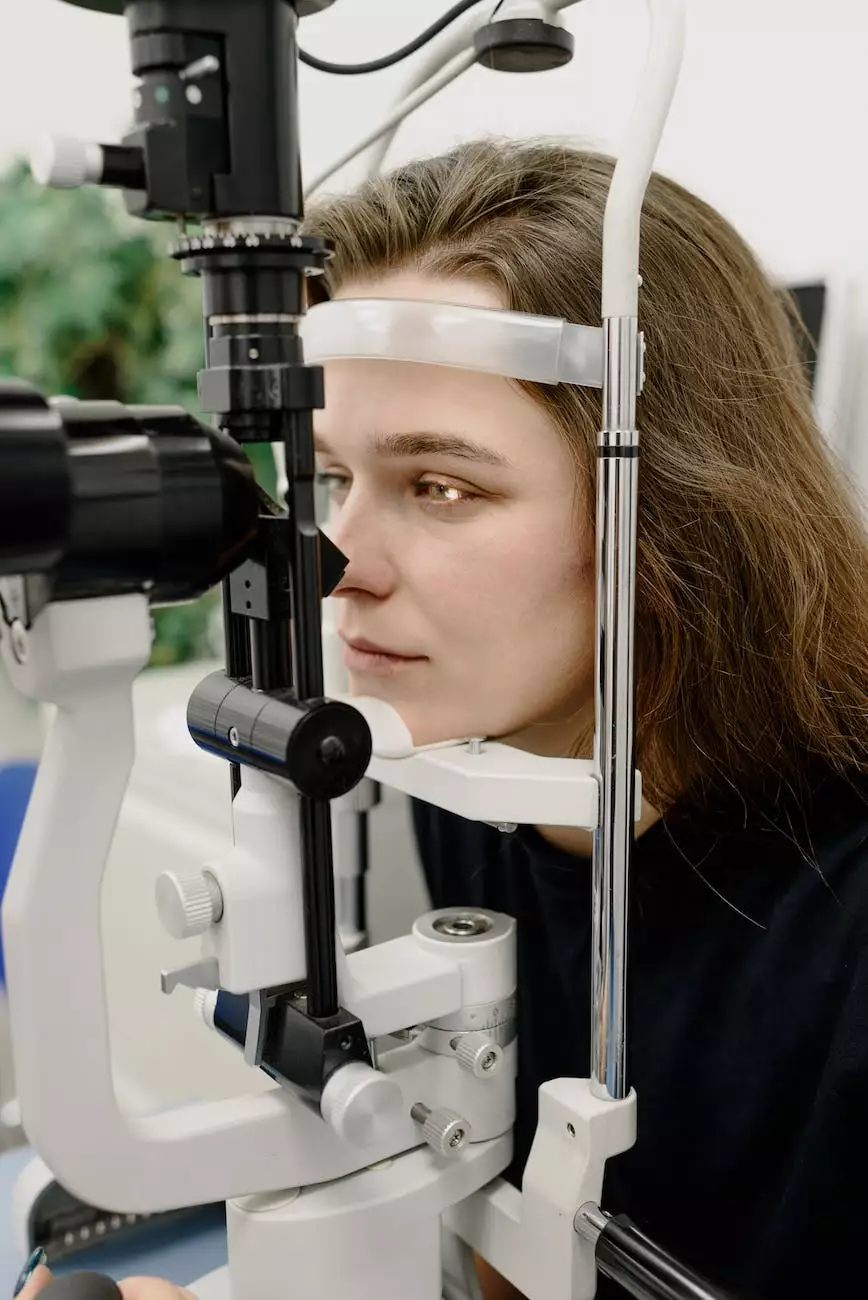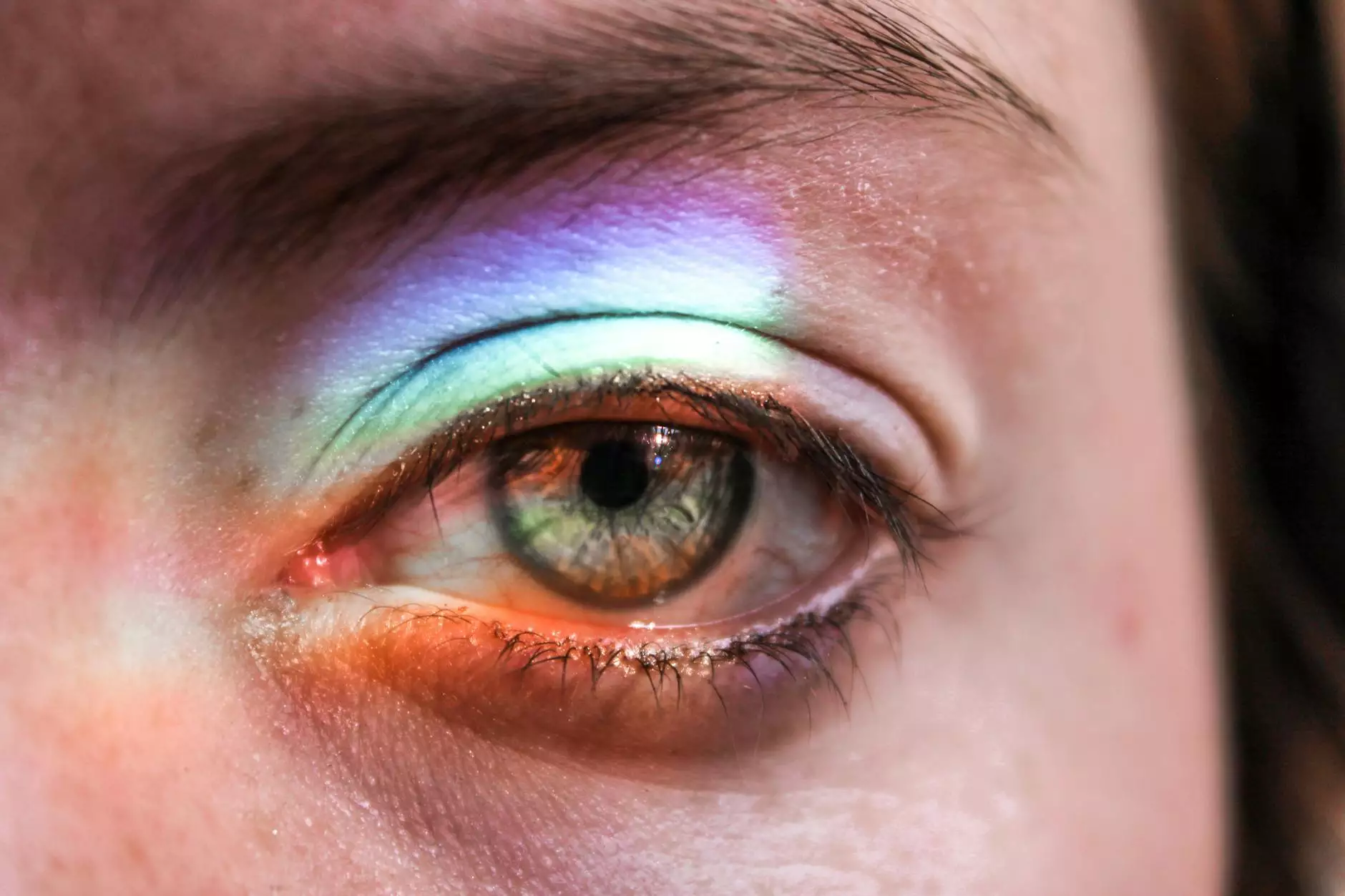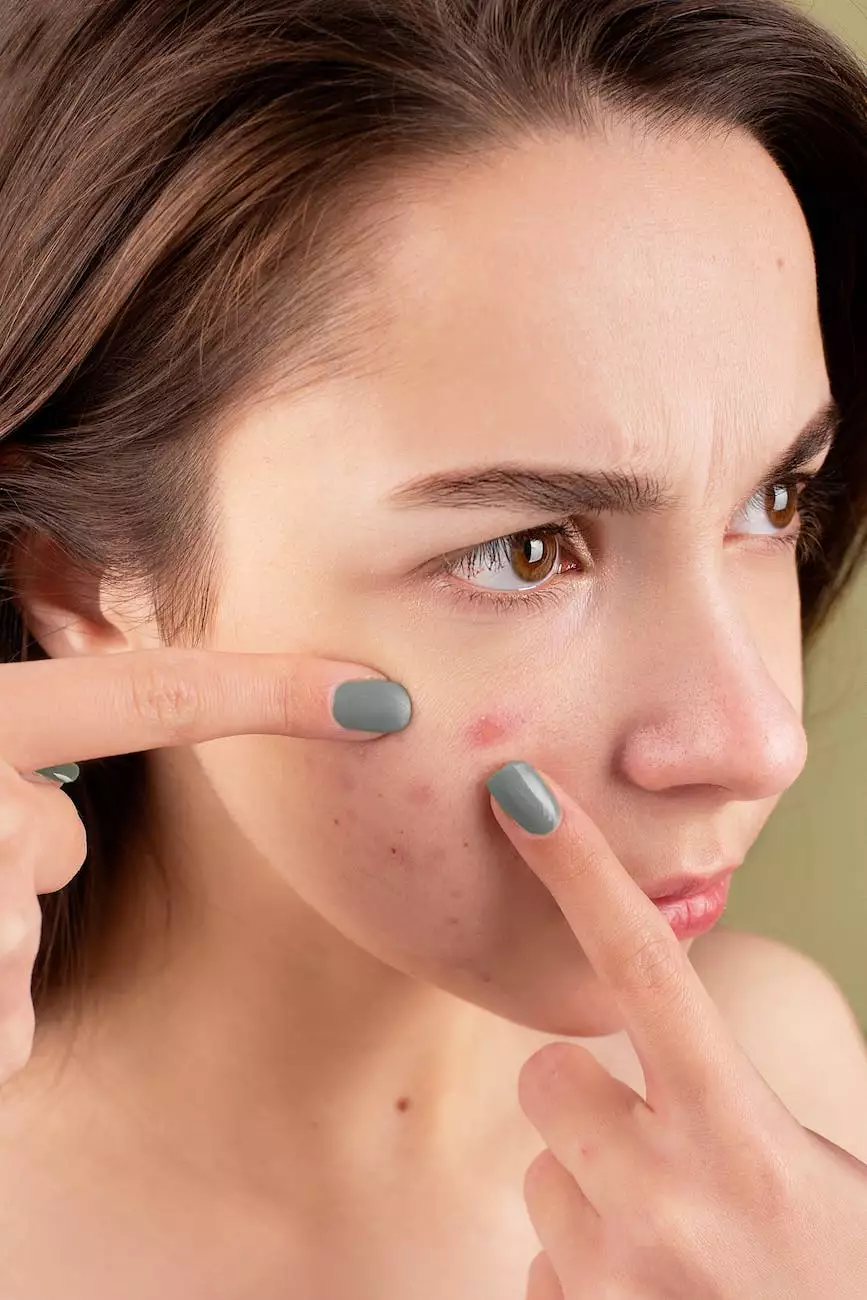June Newsletter: Can Colored Contacts Help with Vision?
Blog
Introduction
Welcome to the June Newsletter from Baron Rick W Dr, your trusted source of valuable health information. In this edition, we explore the fascinating topic of colored contacts and their potential impact on vision enhancement. We delve into the scientific research, discuss the benefits and risks, and provide expert insights to help you make an informed decision.
Understanding Colored Contacts
Colored contacts, also known as cosmetic or decorative contact lenses, are designed to change the appearance of the eye's color. However, research suggests that select types of colored contacts may offer more than just aesthetic value; they may potentially contribute to vision enhancement.
The Science behind Colored Contacts
The science behind colored contacts and their impact on vision lies in their tinted design. These lenses contain a tinted layer that alters the perception of colors while maintaining visual acuity. This can be particularly beneficial for individuals with certain eye conditions.
Benefiting Individuals with Specific Eye Conditions
Colored contacts may offer advantages to individuals dealing with specific eye conditions, such as:
- Achromatopsia: A rare genetic condition characterized by complete color blindness. Tinted contacts can provide a perception of colors, enhancing everyday life experiences.
- Photophobia: Extreme sensitivity to bright lights. Colored contacts with a specific tint can minimize light-induced discomfort.
- Aniridia: A congenital condition characterized by the absence of the iris. Colored contacts can help improve contrast sensitivity and reduce glare.
Risks and Safety Precautions
While colored contacts show promise for vision enhancement, it is important to understand the risks involved and take necessary safety precautions:
Consult an Eye Care Professional
Prior to considering colored contacts for vision improvement, it is crucial to consult with an eye care professional. They can assess your specific eye condition and provide personalized recommendations tailored to your needs.
Proper Hygiene and Maintenance
Colored contacts, like any other type of contact lens, require meticulous hygiene and maintenance. Ensure proper cleaning, sterilization, and storage to minimize the risk of eye infections and other complications.
Quality and Authenticity
Always purchase colored contacts from reputable sources to safeguard your eye health. Counterfeit or poorly manufactured lenses can cause serious harm, so exercise caution when making a purchase.
Conclusion
Colored contacts have the potential to go beyond their aesthetic purposes and contribute to vision enhancement. Scientific research suggests that they can assist individuals with specific eye conditions in improving their quality of life.
However, it is important to emphasize the significance of consulting with an eye care professional and following proper safety precautions. Your eye health should always be a priority.
Thank you for reading our June Newsletter. Stay tuned for more informative and insightful content from Baron Rick W Dr, your trusted expert in the health field.









